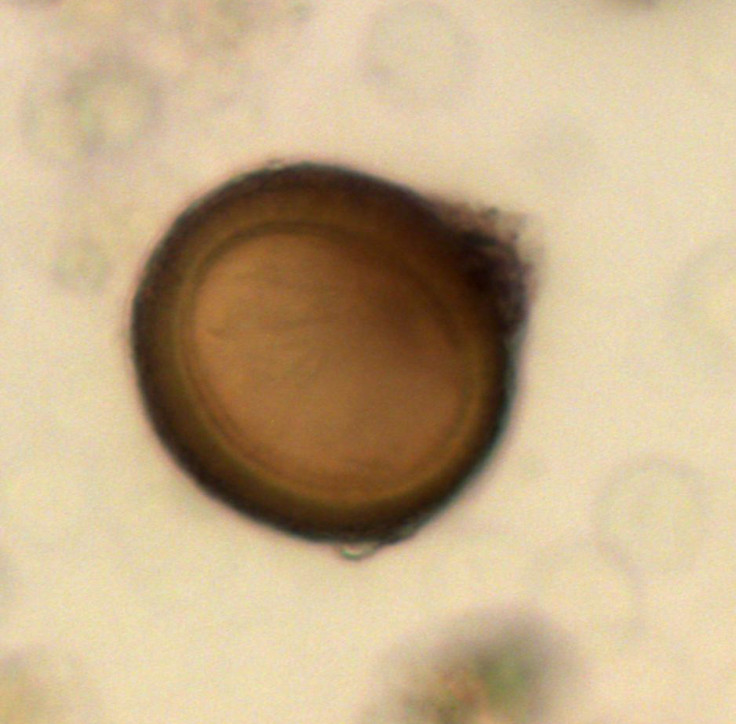Medieval cesspit in Jerusalem shows how disease spread in 15th century

Ancient parasite eggs have been discovered in a medieval cesspit in the Christian quarter of the old city of Jerusalem, providing clues as to how infectious diseases spread in the 15th century Middle East and Europe.
Cambridge University scientists used microscopy and biomolecular analysis to identify the parasite eggs in the fossilised faeces. The cesspit was located a short distance from the Church of the Holy Sepulchre and had a vaulted roof, stone walls and two chutes for defecation.
They discovered six species of intestinal parasites in the 500-year-old cesspit, including roundworm and whipworm, which are believed to have been present in the region since humans first evolved out of Africa.
Researchers also found evidence of Entamoeba dysentery and fish tapeworm – parasites which were common to northern Europe during the medieval period but were largely absent among people in the medieval Middle East.
They also found pieces of Italian property, suggesting trading or religious links between Europe and Jerusalem at the end of the 15<sup>th century.
Researchers believe the presence of the parasites could indicate it was a town house whose owners were merchants from Jerusalem who travelled to Europe on business, or that it was a hotel accommodating European travellers.
The fish tapeworm was of particular interest. In Europe, fish was often eaten raw, smoked or pickled – methods that do not kill the parasite.
"The presence of the fish tapeworm - which can reach ten metres long in humans, and coils around inside the intestine - combined with the fragments of pottery made in Italy, most likely indicates that travellers from northern Europe used this latrine during a visit to Jerusalem," study leader Piers Mitchell said.

"While we can only suggest reasons as to why people made these journeys between northern Europe and Jerusalem's Christian quarter, it does seem they brought with them unsuspecting hitch-hikers in their intestines."
Mitchell said the health implications of these parasites would have varied from person to person.
"A light load of whipworm or roundworm would be likely to go unnoticed," he said. "A heavy load of these parasites in children, however, can lead to malnutrition, reduced intelligence and stunted growth. Dysentery may cause diarrhoea and abdominal cramps for a week or two and then settle, or it may cause death from dehydration and septicaemia."
Published in the International Journal of Paleopathology, he added that the research highlights how ancient parasite eggs can show the spread of disease hundreds of years ago.
"Jerusalem's importance to Christians in medieval Europe made it a key destination for both pilgrimage and trade. We can see these travellers took unexpected guests along with them."
© Copyright IBTimes 2025. All rights reserved.






















